On 29 July, 1981, nine Baha’i citizens in Iran were executed by firing squad in Tabriz, capital of East Azerbaijan, without a public trial and without access to a lawyer. Their families believe they were executed without even a closed-door trial. The nine – who were well-known figures in the Tabriz Baha’i community – were executed because of their faith.
One of them was Dr. Esmail Zehtab, a respected dentist in the city, who was 61 when he was killed.
Learning Dentistry and the Baha’i Faith
Esmail Zehtab was born in 1920 in the historical neighborhood of Charandab of Tabriz to a religious Muslim family. Before converting to the Baha’i faith, he was a faithful Muslim and participated in all religious ceremonies.
After ninth grade, Esmail started working as an apprentice at a dentistry clinic and, from the beginning, he did his best to learn this profession. Modern dentistry did not exist in Iran at that time and the few people who pursued dentistry had to learn through apprenticeship.
Esmail was 18 when he learned about the Baha’i teachings, through his uncle Monir Divan, a Baha’i poet. He studied the religion for two years and converted when he was 20 years old.
Clinic in Khalkhal
The young Dr. Zehtab, at the age of 20, had gained enough experience, knowledge and skill to open his own dentistry clinic. He wanted to open it in Tabriz but, at the suggestion of the Local Spiritual Assembly of the Baha’is of Tabriz, he decided to relocate to remote parts of the province where people lacked dentistry services.
Dr. Zehtab first went to Ardebil and, after some time, moved to Khalkhal where he opened his first clinic.
The arrival of a dentist was a welcome development for this small town and its surrounding villages. Dr. Zehtab was the first dentist in Khalkhal and men and women, young and old, villagers and city dwellers, all flocked to his clinic. But what made him twice as popular was his kind demeanor and his benevolence. His patients came from every walk of life and every class, from heads of government offices and commanders of gendarmerie to the poor and needy. He was generous and charitable: he did not charge those who could not afford to pay him and many times he even gave them some money. Relieving a patient’s pain and treating the patient was more important than money to him and, as a result, no patient left his clinic unhappy.
Harassment and Escape from Khalkhal
In Khalkhal, Zehtab married a young Baha’i woman and they had two daughters and two sons, all born in that city.
He was known to be a Baha’i and, as his popularity grew, Islamic religious fanatics became determined to drive him and his family out of Khalkhal. Finally, in 1955, following attacks on Baha’is across the country sparked by sermons given by the cleric Mohammad Taghi Falsafi who incited people against the Baha’is. Dr. Zehtab was forced to leave the city after 13 years. Khalkhal and its surrounding villages were left without a dentist as Dr. Zehtab was still the only one in the area.
Falsafi’s sermons, supported by Grand Ayatollah Hossein Broujerdi, the high Shia marja or “source of emulation” at the time, led to the death of number of Baha’is. Their homes were burned down and many Baha’is who feared for their lives escaped to wilderness. The perpetrators of these acts were never held to account.
The turmoil also reached Khalkhal. Incitement by a few fanatical clerics led to attacks on the home of Dr. Zehtab during Ramadan. The attackers – ordinary Iranians throwing stones – had been led to believe that they would be rewarded in the next world. Security and police officials who before had claimed to be friendly with Dr. Zehtab, and all of whom were his patients, did not raise a hand to stop these attacks. The governor’s office even summoned Dr. Zehtab and asked him to abandon his faith and to become a Muslim.
The police raided his home and confiscated religious books and other items. Without a warrant, they put Dr. Zehtab under house arrest and confined him to a room in his own home, using the excuse of protecting him and his family to place two policemen at his residence.
One night, after living under house arrest for three months, Dr. Zehtab succeeded in escaping. He went to Tehran and, after the situation in Khalkhal had calmed down, he went to Tabriz. A few months later, he brought his family from Khalkhal to Tabriz as well and they began a new life.
Learning Modern Dentistry
Esmail Zehtab opened a new clinic in Tabriz and, although he was over 30 years old, he went back to school and received his high school diploma. The government was now offering a course for traditional dentists to learn modern dentistry and Zehtab successfully completed this course. He then went to Turkey to continue his studies and graduated from university there as a dentist.
New Threats and Harassments
Dr. Zehtab was dedicated to his profession and believed that it was his way of serving the people. He was witty and friendly. His patients liked him and his friends and neighbors respected him. He was charitable and often pioneered charity drives to help the poor and the needy.
But his good reputation led to many anonymous threats, both before and after the 1979 Islamic Revolution, aimed at forcing him to close his clinic. He was beaten several times by assailants – but he remained at his job and continued treating his patients until the day of his arrest.
The First Arrest
Dr. Zehtab’s was elected to the Local Spiritual Assembly of the Baha’is of Tabriz where he was the treasurer. On 19 October, 1979, the Revolutionary Guards raided the home of a Baha’i in Tabriz, where seven members of Spiritual Assembly were meeting, and arrested them, including Dr. Zehtab.
All except one of the Baha’is were soon released. But at 10pm on the same day, agents sent by the Revolutionary Court went to Dr. Zehtab’s home and arrested him after searching the home and confiscating religious books. For 20 days, he was kept in solitary confinement and was pressured and tortured to renounce his Baha’i faith. He was released after about six months, on March 22, 1980.
Dr. Zehtab was free but fears that he would be arrested again persisted. Most of his friends advised him to leave Tabriz, and to live at the homes of his acquaintances in other parts of Iran for a time, but he did not agree and continued working at his clinic.
“I have prepared whatever is necessary to live in prison and have put them in a bag, so if I am summoned to prison or am arrested I can leave for prison without a moment’s delay,” Dr. Zehtab told his friends.
The Second Arrest
On 14 July, 1980, Dr. Faramarz Samandari, one of the top microscopic ear surgeons in the world, and Yadollah Astani, a businessman and a member Local Spiritual Assembly of Tabriz, were executed by firing squad. On 18 July, five other Baha’is, including Dr. Esmail Zehtab and Dr. Parviz Firouzi, a pharmacologist, were arrested.
The detainees were put under enormous psychological pressure to renounce their faith. They were promised that if they converted to Islam they would immediately be released and would enjoy all their rights as citizens. They remained in prison for a year before they were executed.
The Prison’s Clinic
Tooth problems and toothaches were rampant among inmates. For seven months, Dr. Zehtab voluntarily worked at the prison’s clinic, treating both the prisoners and the prison staff. Some time after he was executed, two prison guards went to his family and thanked them for the treatment of their toothaches by Dr. Zehtab.
The Execution
On 27 July, 1981, the families of Baha’i prisoners had gone to Tabriz Prison to meet them when they were told that three of them had been sentenced to death. They were turned back; Dr. Zehtab’s family was the only Baha’i family allowed to meet their relative in person that day.
Two days later, on 29 July, families of nine Baha’is in Tabriz Prison were informed that their loved ones were executed and that they had to go to the morgue at Vadi-e Rahmat Cemetery’s to collect the remains. Under tight security measures, the families succeeded in burying their loved ones in that cemetery according to Baha’i laws.
The judiciary of the Islamic Republic has yet to explain why these nine Baha’is were executed more than 30 years ago.
visit the accountability section
In this section of Iran Wire, you can contact the officials and launch your campaign for various problems




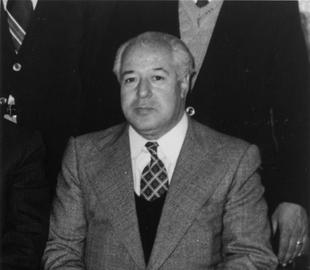

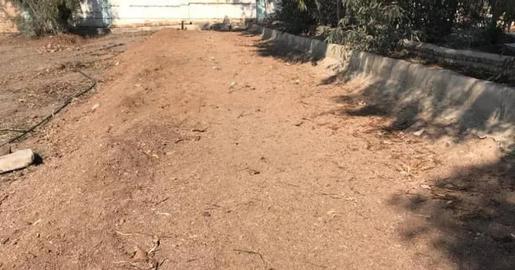
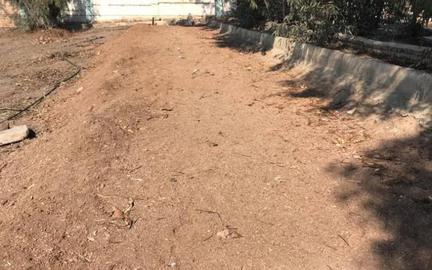

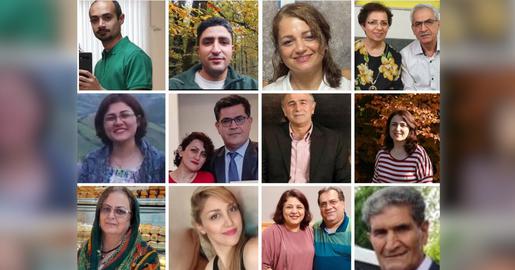
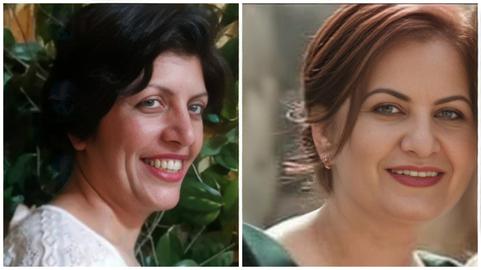

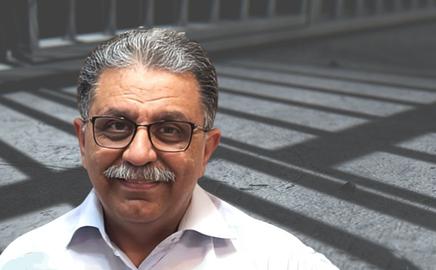
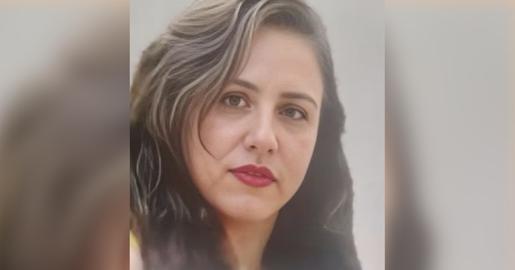
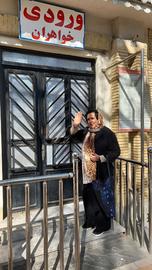
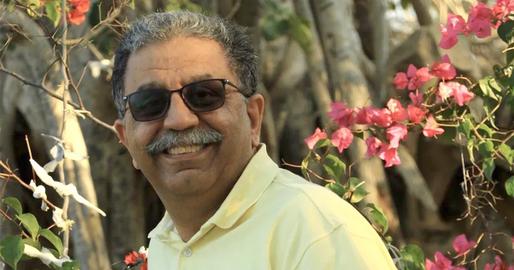



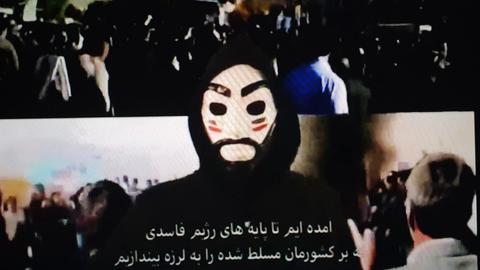
comments